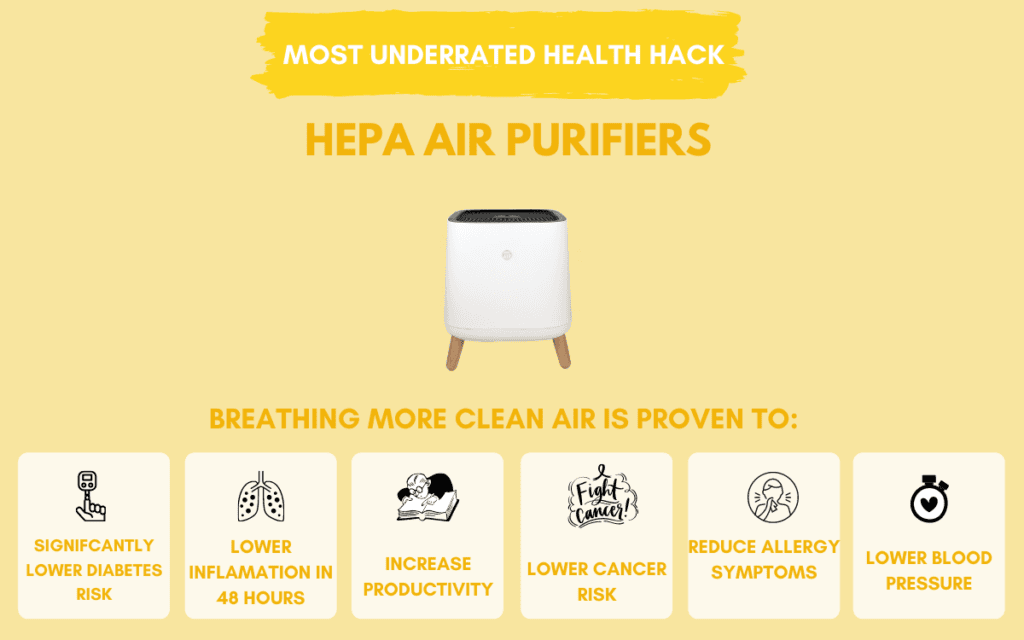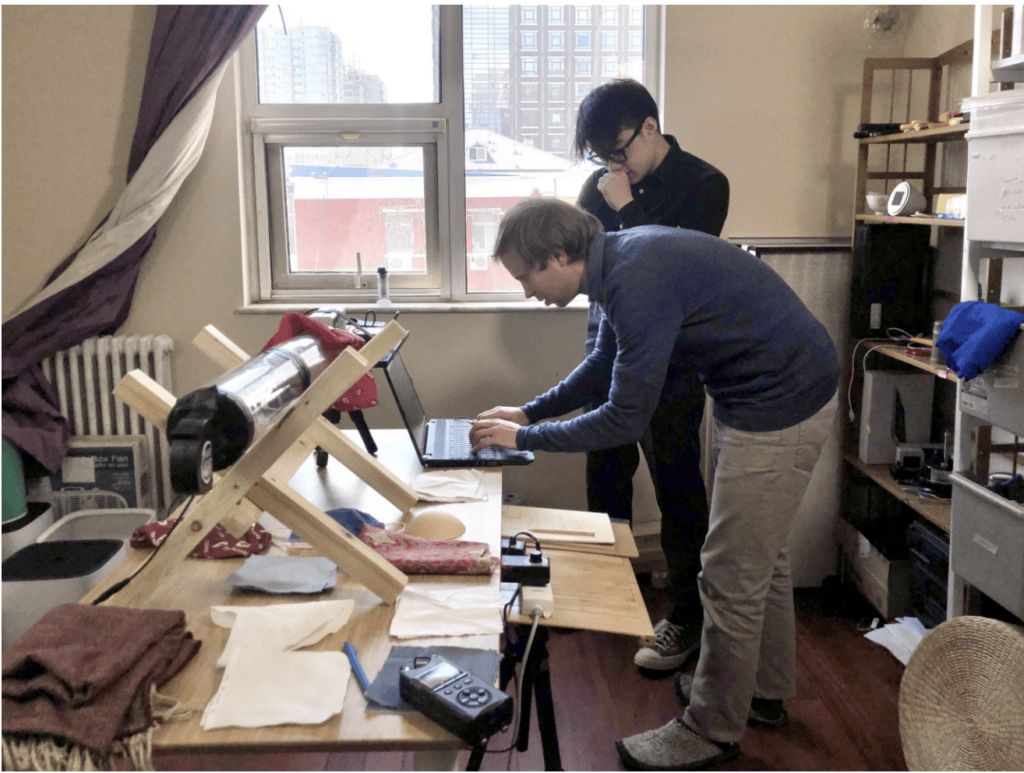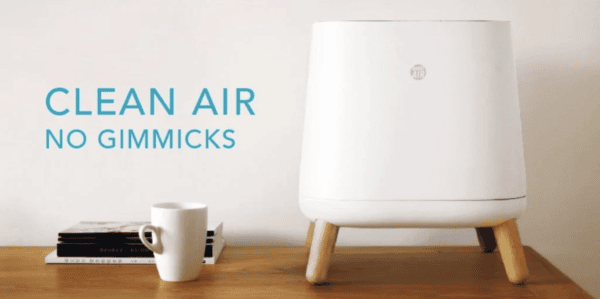In the shortage of masks during the coronavirus outbreak, individuals are resorting to what some scientists term as the “last resort”: the DIY mask.
Data shows that DIY and homemade masks can effectively capture viruses. However, if we find ourselves in a situation where we need to create our own masks, then the next question will be “what materials are best suited for making a mask?” As the coronavirus swept through China, netizens shared innovative ideas for crafting masks from materials such as tissue paper, kitchen towels, cotton clothing fabrics, and even oranges!

The Best Material for Making a Homemade DIY Mask
Researchers at Cambridge University tested a wide range of household materials for homemade masks. To measure effectiveness, they shot Bacillus atrophaeus bacteria (0.93-1.25 microns) and Bacteriophage MS virus (0.023 microns in size) at different household materials.

They measured what percentage the materials could capture and compared them to the more common surgical mask.

Not surprisingly, the surgical mask performed best, capturing 97% of the 1-micron bacteria. Yet every single material filtered out at least 50% of particles. The top performers were the vacuum cleaner bag (95%), the dish cloth (“tea towel” in the UK! 83%), the cotton blend shirt fabric (74%), and the 100% cotton shirt (69%).
Homemade Masks vs. Viruses
The test above used bacteria that were 1 micron large, yet the coronavirus is just 0.1 microns – ten times smaller. Can homemade masks capture smaller virus particles? To answer this question, the scientists tested 0.02 micron Bacteriophage MS2 particles (much smaller – a fifth the size of – COVID-19).

On average, the homemade masks captured 7% fewer virus particles than the larger bacteria particles. However, all of the homemade materials managed to capture 50% of virus particles or more (with the exception of the scarf at 49%).
Are we missing a material you want to see?
Check out our second round of homemade mask tests with 30 materials! Or vote for a material.
Are Two-Layered DIY Masks More Effective?
If the problem is filtration effectiveness, would the masks work better if we doubled up with two layers of fabric? The scientists tested bacteria-size particles against double-layered versions of the dish towel, pillow case, and 100% cotton shirt fabrics.

Overall, the double layers didn’t help much. The double-layer pillowcase captured 1% more particles, and the double-layer shirt captured just 2% more particles. Yet the extra dish cloth layer boosted performance by 14%. That boost made the dish cloth as effective as the surgical mask.
Looking at the data, the dish towel and vacuum cleaner bag were the top-performing materials. However, the researchers didn’t choose these as the best materials for DIY masks:

Instead, they concluded the pillowcase and the 100% cotton t-shirt are the best materials for DIY masks. Why?
What DIY Mask Materials Are The Most Breathable?
The answer lies in breathability. How easy it is to breathe through your mask is an important factor that will affect how comfortable it is. And comfort isn’t merely a luxury. Comfort will influence how long you can wear your mask.
Fortunately, in addition to particle effectiveness, the researchers tested the pressure drop across each type of fabric. This gives us a good indication of how easy it is to breathe through each material. As a benchmark, they compared breathability of each DIY mask material to the surgical mask.

Although the dish towel and the vacuum bag captured the most particles, they were also the hardest to breath through. With two layers, the dish towel was over twice as hard to breathe through as the surgical mask. In contrast, the pillow case, t-shirt, scarf, and linen were all easier to breathe through than the surgical mask.
Researchers’ Pick for Best Homemade Mask Material
Based on particle capture and breathability, the researchers concluded that cotton t-shirts and pillow cases are the best choices for DIY masks.

Are there any other materials we can use? The Cambridge researchers left out one common material: paper towel. We tested how well paper towel masks capture sub-micron particles.
Making DIY Masks with Household Materials
Bottom Line: The Best Materials for DIY Face Masks
The best choices for DIY masks are cotton t-shirts, pillowcases, or other cotton materials.
These materials filter out approximately 50% of 0.2 micron particles, similar in size to the coronavirus. They are also as easy to breathe through.
Doubling the layers of material for DIY mask gives a very small increase in filtration effectiveness, but makes it much more difficult to breathe through.
Here’s What Else You Should Know About DIY Masks
Still not sure if DIY masks really work? See the real-world test data on the effectiveness of homemade DIY masks.
Some health authorities claim that masks are only to keep sick people’s germs in, but do masks actually prevent healthy people from getting infected? Randomized studies say “yes.”
WHAT NEXT?
Along with wearing masks, air purifiers with HEPA filters are also one of the best ways to stay safe from a variety of pollutants in our air including viruses and dangerous PM2.5. A recent CDC study confirmed significantly lower COVID-19 infection rates in schools that used HEPA air purifiers. HEPA filters can significantly lower the risk of a variety of deadly diseases including diabetes, heart disease, cancer, and high blood pressure.

Read More: Four Steps to Choosing the Best Air Purifier
Smart Air is a certified B Corp committed to combating the myths big companies use to inflate the price of clean air.

Experience breathing truly clean air with gimmick-free, effective air purifiers that won’t break the bank. Join the clean air movement.
Free Guide to Breathing Safe
Want to learn more about breathing clean air? Join thousands more and stay up to date on protecting your health.



